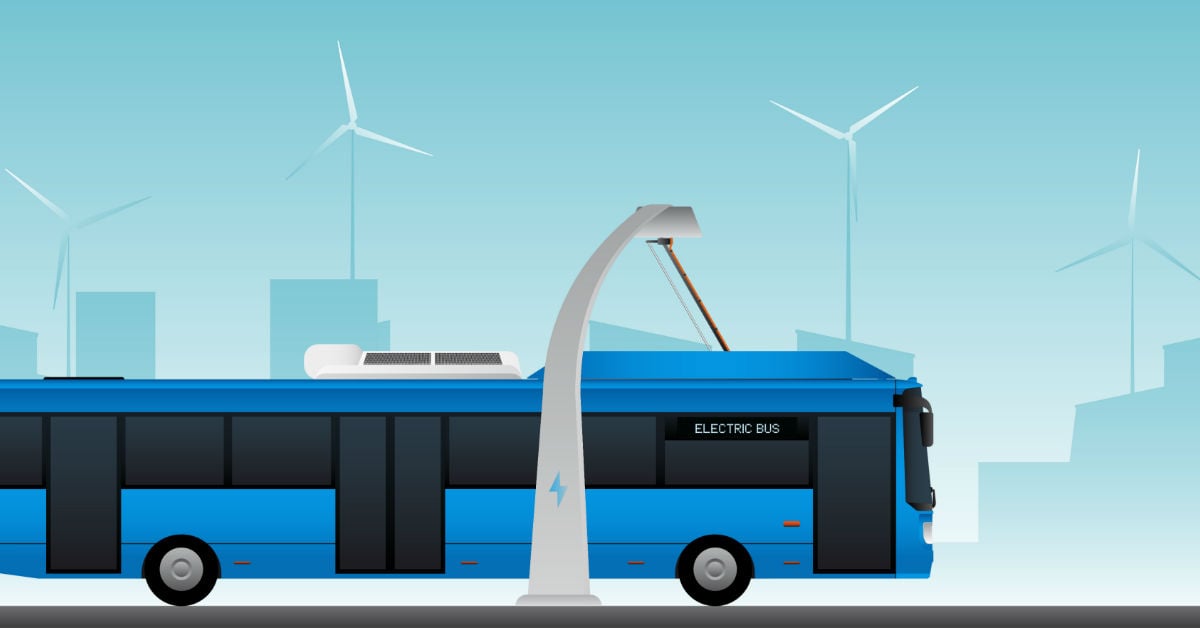SUMMARY
The Centre will introduce uniform standards for batteries to ease the process of battery swapping for ebuses
The standards will pertain to size, weight and capacity of batteries of ebuses to ensure seamless interoperability
Earlier, in her Budget speech, FM Sitharaman said the government would promote adoption of ebuses for public transportation by introducing a payment security mechanism
In a bid to further increase the penetration of electric buses by easing the process of battery swapping, the Centre is reportedly planning to introduce uniform standards for batteries.
The standards will pertain to size, weight and capacity of batteries of ebuses to ensure seamless interoperability, Economic Times reported.
“Having common battery swapping stations for all the ebuses in a city is the way ahead for reducing infrastructure requirements and improving output. Highways should also have swapping stations which can serve all e-buses,” the report cited a senior government official as saying.
As of now, ebus manufacturers deploy proprietary batteries tailored to fit specific vehicle models, resulting in disparate capacities and weights with minimal compatibility.
The move is part of the Centre’s push to promote adoption of electric vehicles (EVs). While the sales of two-wheeler EVs are on the rise, the government has also been pushing to increase the use of EVs in public transport.
In her speech for the Interim Budget this year, finance minister Nirmala Sitharaman said the government would promote adoption of ebuses for public transportation by introducing a payment security mechanism.
In August last year, the government also approved a new scheme under which 10,000 ebuses will be deployed in 169 cities on a public-private partnership (PPP) model.
However, there have been demands for promoting battery swapping to give a push to EV adoption in the country.
In 2022, NITI Aayog released a draft battery swapping policy for EVs to bring standardisation in the battery space and promote their interoperability. However, the government decided to redraft the policy as the industry raised concerns on some of the provisions.
Despite various issues, EV adoption is increasing in the country due to rising awareness about the need to tackle climate change and the government’s efforts and incentives. Registrations for two-wheeler EVs, the category seeing the most traction among EVs,stood at 81,963 units in February 2024, against 66,094 units in the corresponding part last year.
Meanwhile, various state governments are focussing on increasing the share of ebuses in public transportation fleets. Most recently, the Delhi government announced an outlay of INR 510 Cr for ebuses in the financial year 2024-25. The government expects to have 8,000 ebuses on the roads of the capital by 2025.



![[CITYPNG.COM]White Google Play PlayStore Logo – 1500×1500](https://startupnews.fyi/wp-content/uploads/2025/08/CITYPNG.COMWhite-Google-Play-PlayStore-Logo-1500x1500-1-630x630.png)